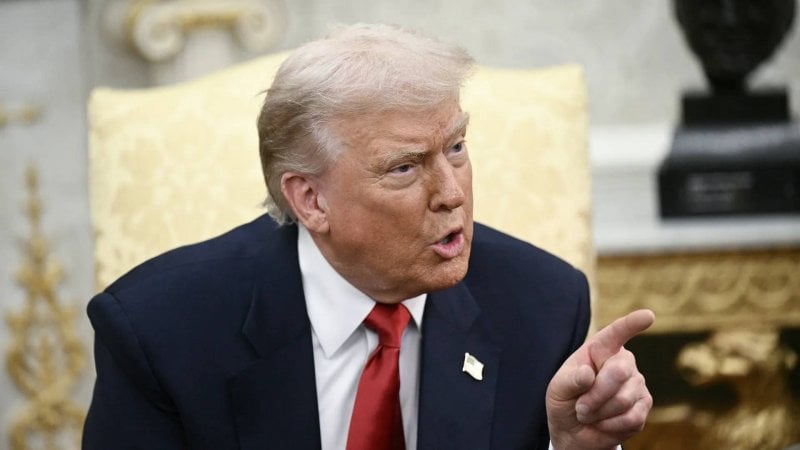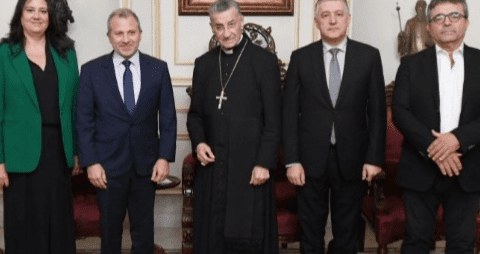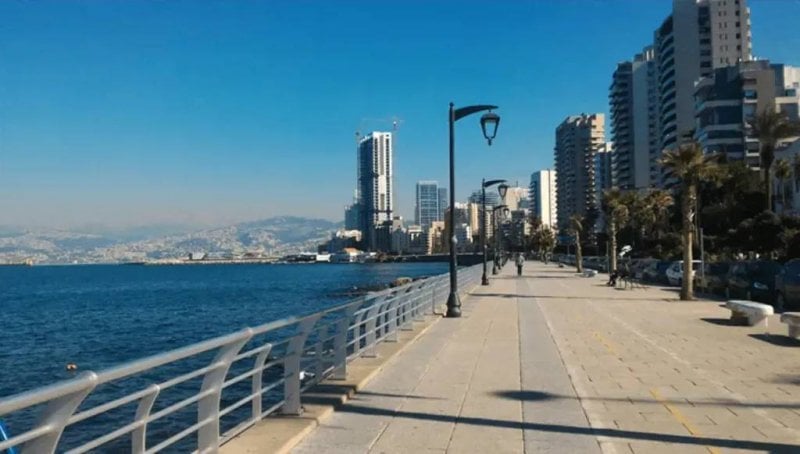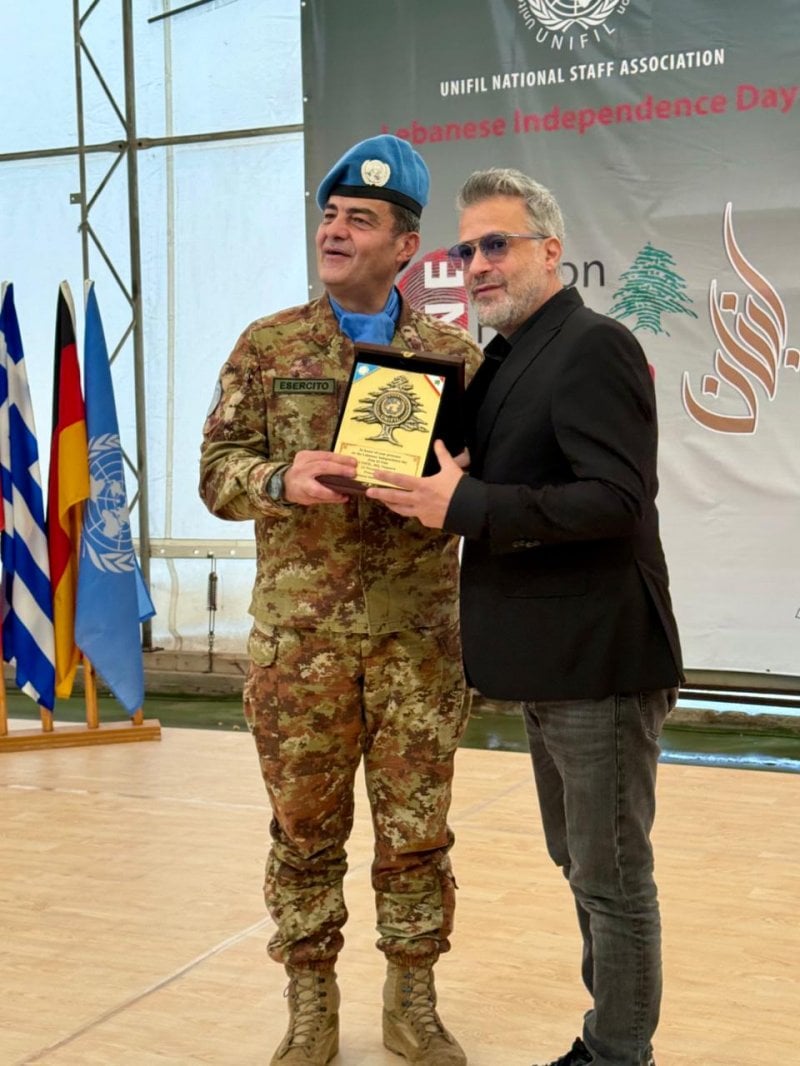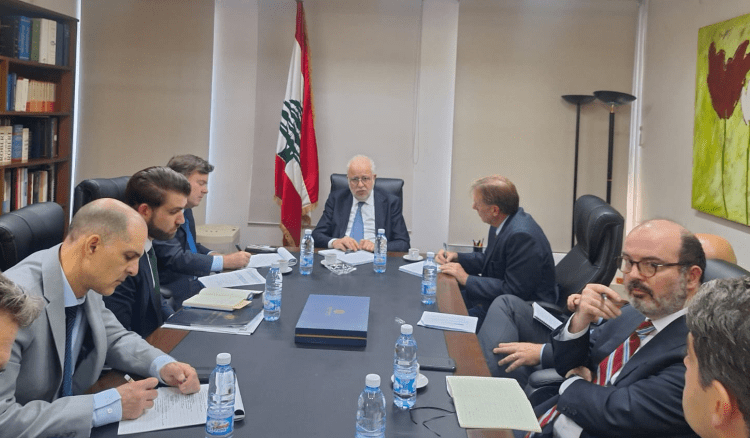
The delegation consisted of the Under Secretary of the US Treasury for Terrorism and Financial Intelligence, John Hurley, Deputy Assistant Secretary Spencer Horowitz, Director of Middle East Affairs at the Office of Terrorist Financing and Financial Crimes (TFFC), Daniel Jackson, in addition to the Under Secretary’s Advisor, Michael Romais, and the Chief of Staff for Terrorist and Financial Intelligence, Bill Barrett.
Following the meeting, which lasted approximately one hour, Minister Nassar stated: “We held a meeting with Mr. John Hurley and the team, during which we discussed the current situation in Lebanon, and the work we are doing. We look at it through the interest of Lebanon and not at the request of anyone, but based on our conviction that there must be transparency and that Lebanon must regain its role and have all the elements for the existence of a state, a state of law. Hence, everything we do is certainly based on the national interest, and our relationship with friendly countries must be strong, but our constant motivation is to secure the national interest, and I believe that the position I heard is supportive of Lebanon’s sovereignty and the policy of transparency that must be followed to achieve the interest of Lebanon and all Lebanese without discrimination because we do not discriminate between one Lebanese and another, and we reject any infringement on Lebanese sovereignty and insist on Lebanon playing its role in international forums.”
In response to a question about the purpose of the visit, especially what is being raised about setting a two-month deadline for Lebanon to implement a number of measures related to the financing of “Hezbollah,” Nassar replied: “There is no request to carry out any specific action. The talk we heard regarding the Ministry of Justice is that they are following all the government’s actions and consider it the right of the Lebanese state to regain all its elements, and this, of course, passes through restricting weapons to the Lebanese state, and I remind you that restricting weapons to the Lebanese state is not the result of a decision or a delegation visit, but it is the result of the Taif Agreement, the inaugural address, and the ministerial statement, meaning that the source of the decision and its reasons are purely national, and there is no country in the world or government whose goal is not to build the state.”
Regarding the existence of a will within the Lebanese state to close “Al-Qard Al-Hasan” and control illicit financial operations, Nassar said: “You called the illicit financial operations illicit, so is it logical to want to build a state and maintain illicit operations? If we go back to the foundations, which are that the state wants the law to be respected and there to be equality among the Lebanese, and that the state preserves all its elements, namely geography, people, nation, and exclusivity of power, and in the state of law, exclusivity of power is under the ceiling of the law, so any matter you call illicit should not continue.”
Regarding the US delegation’s opinion on the performance of the Lebanese government concerning the issues of “Hezbollah’s” weapons and its financing, Nassar clarified: “No one conducts an examination of anyone, and today the issue is not whether there is satisfaction or not, but whether the government is doing what it is obligated to do according to its convictions and national conscience or not? And the answer is yes, but no country comes to say that we are satisfied and put the points, things do not happen in this way.”



